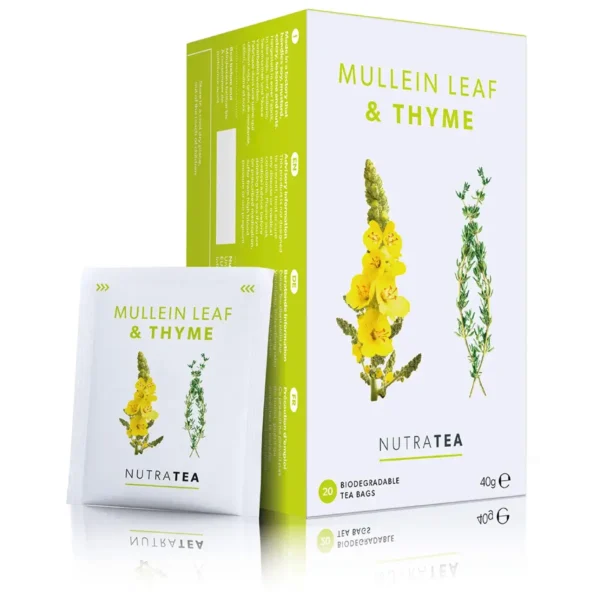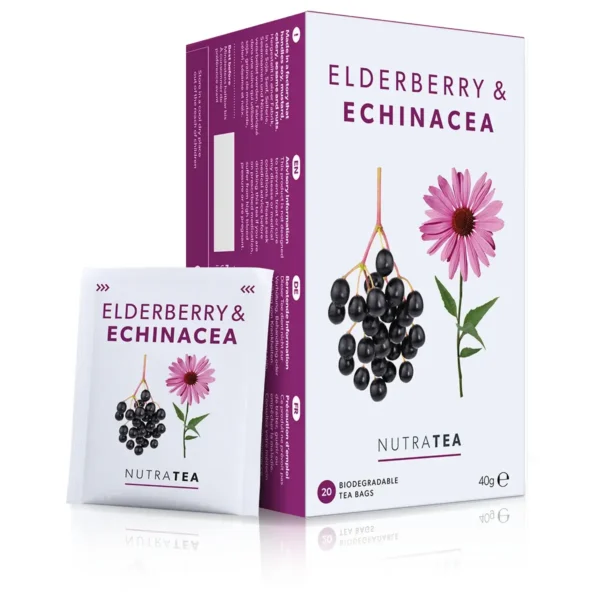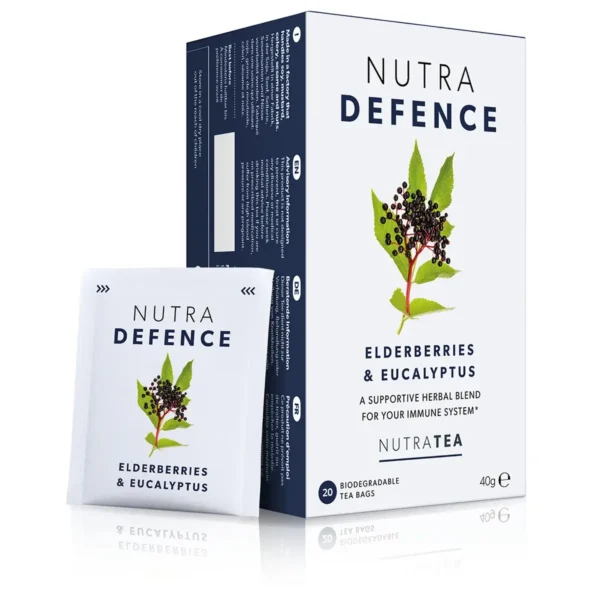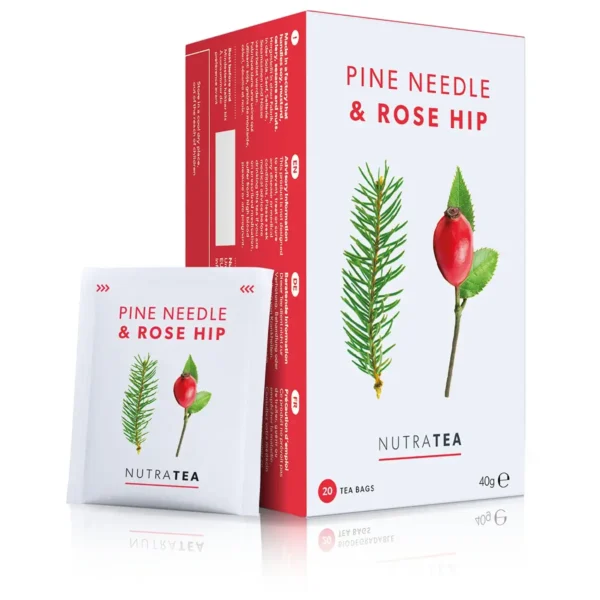NutraBlog
The 5 Best Home Remedies for Coughs

Is there anything more irritating than a cough that just won’t stop? Rest easy, we’ve got you covered with our list of the best home remedies for coughs.
—
Ranging from irritating to downright painful, a cough that won’t stop is something we all experience from time to time, especially during the winter months.
Coughing is part of your body’s natural system for removing mucous and clearing your airways. But those dry tickly coughs that keep us up at night are doing little except stopping us from sleeping.
So, if you are looking for natural treatments to stop your cough from disturbing your rest – or disrupting your days – we’ve got you covered. We’ve compiled a list of the best home remedies for coughs.
Most of these options use ingredients you’re likely to have lying around at home. They help to relax your muscles, soothe an irritated throat, and quiet that annoying tickle that keeps you coughing… and coughing… and coughing…
1. Herbal Tea
One of the best and easiest natural remedies for coughs is herbal tea. A comforting option at any time, herbal tea is also simple to prepare and helps you feel cared for when you are under the weather.
Herbal tea helps to soothe a cough on a few different levels. Firstly, the hot fluid helps to ease irritation in your throat, suppressing that tickly feeling and loosening any mucous to make it easier to expel.
Secondly, staying hydrated is vital when you are unwell. It keeps your immune system and other bodily functions working effectively so that you can fight off the illness and recover quickly.
But cold liquids are often not very appealing when we’re feeling coldy. Instead, a warming cup of herbal tea might be a better option for tempting you into drinking enough fluids.
Thirdly, and perhaps most importantly, many herbs can help to ease coughs, loosen mucous, and soothe an irritated throat.
Some of our go-to herbs for a cough include:
- Thyme
- Liquorice
- Ginger
- Peppermint
- Chamomile
- Eucalyptus
- Mullein
We’ve combined many of these to make NutraDefence, our premium herbal tea blend designed to support you in recovering from coughs and colds.
Our other favourite option when we have a cough is our Mullein Leaf & Thyme flagship blend – these two herbs are great for soothing a dry, tickly cough and supporting your lung health.
2. Honey
Another great home remedy for a cough is honey. This sweet treat is increasingly known for its antiviral and antibacterial properties, making it a favourite for supporting your immune system as it works to fight off pathogens.
Honey can also help to soothe a sore throat and suppress a dry cough, giving you the respite you need. Indeed, one study found that honey was more effective at easing coughing than several over-the-counter cough medications.
Unless you have a serious sweet tooth, you probably don’t want to eat honey straight off the spoon. Instead, mix it with hot water and lemon juice, or simply add a spoonful to your preferred herbal tea.
3. Saltwater Gargle
This classic home remedy for coughs remains popular for a reason – it is easy to do, most of us have salt to hand at home, and it does appear to be effective in reducing coughing.
The idea is simple enough. Just dissolve half a teaspoon of salt in a glass of warm water, then take a mouthful, tilt your head back, and gargle. Spit the mixture out and repeat.
Just be careful not to swallow the water – so much salt is definitely not good for you!
This technique can help to loosen mucous and soothe a sore throat. The salt is also effective at killing off pathogens, helping you recover faster.
4. Steam
Breathing dry air can sometimes make your cough worse, so inhaling steam may help soothe your symptoms. Steam also helps to loosen up mucous, which is great if your chest is feeling congested or you are bringing up phlegm when you cough.
Again, this is simple and easy to do. Fill a bowl with just boiled water and place a towel over your head and the bowl so that the steam doesn’t escape into the room.
Breathe normally for 10 minutes or so. Repeat as needed throughout the day.
If you have some to hand, you could also add a few drops of essential oil to your water. Eucalyptus, thyme, peppermint, and tea tree are all good options.
5. Pineapple
Perhaps one of the more surprising entries on our list, eating pineapple might help to soothe your cough. That’s because it contains bromelain, an enzyme that helps to clear mucous and ease inflammation.
If you are feeling up to it, you could also try combining pineapple with other cough-soothing ingredients in a smoothie. Ginger, turmeric, lemon, and honey are good options to add to your blender.
6. Marshmallow Root Syrup
For those who don’t mind putting a bit more effort in, another popular natural remedy for coughs is marshmallow root syrup.
We’re not talking about the sugary pillows you add to your hot chocolate, but the herb that gave them their name. Marshmallow is a common flowering plant found in Europe, Western Asia, and North Africa.
Marshmallow is particularly high in mucilage, a gel-like substance found in plants that can soothe a sore throat and ease a cough by coating the tissues of the throat. As a result, this herb is often used in cough syrups.
You can make your own marshmallow root syrup at home. First, soak a tablespoon of dried root in 250 ml of water overnight. Then, strain the water into a pan. Add 250 g of honey to the pan and gently warm it over a low heat for several hours, until you have a thick syrup.
Of course, if you find making your own cough syrup a step too far, you can also buy premade marshmallow root syrups. Or substitute with a tea instead – mullein is also high in mucilage and makes a great herbal tea, so is a perfect alternative.





